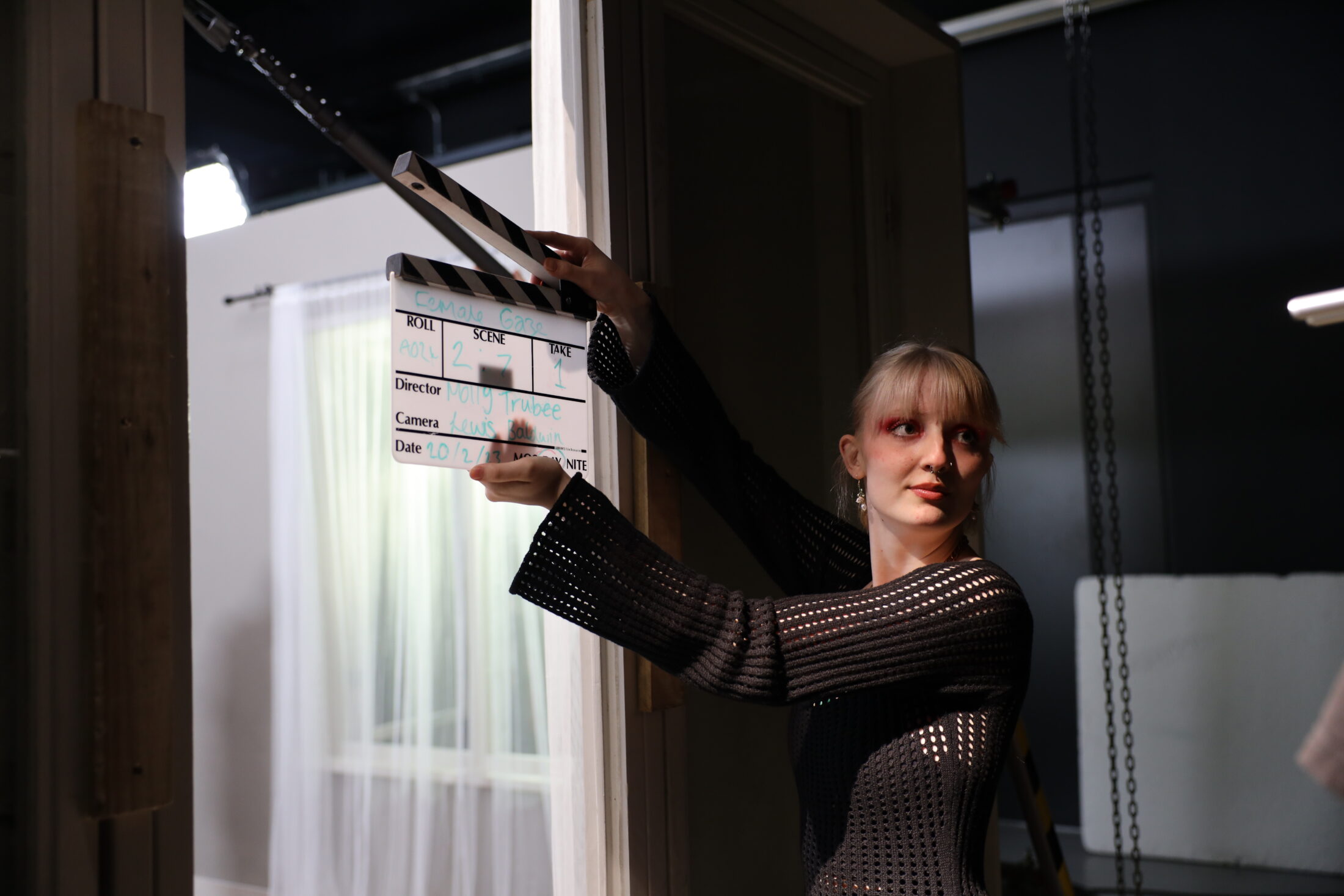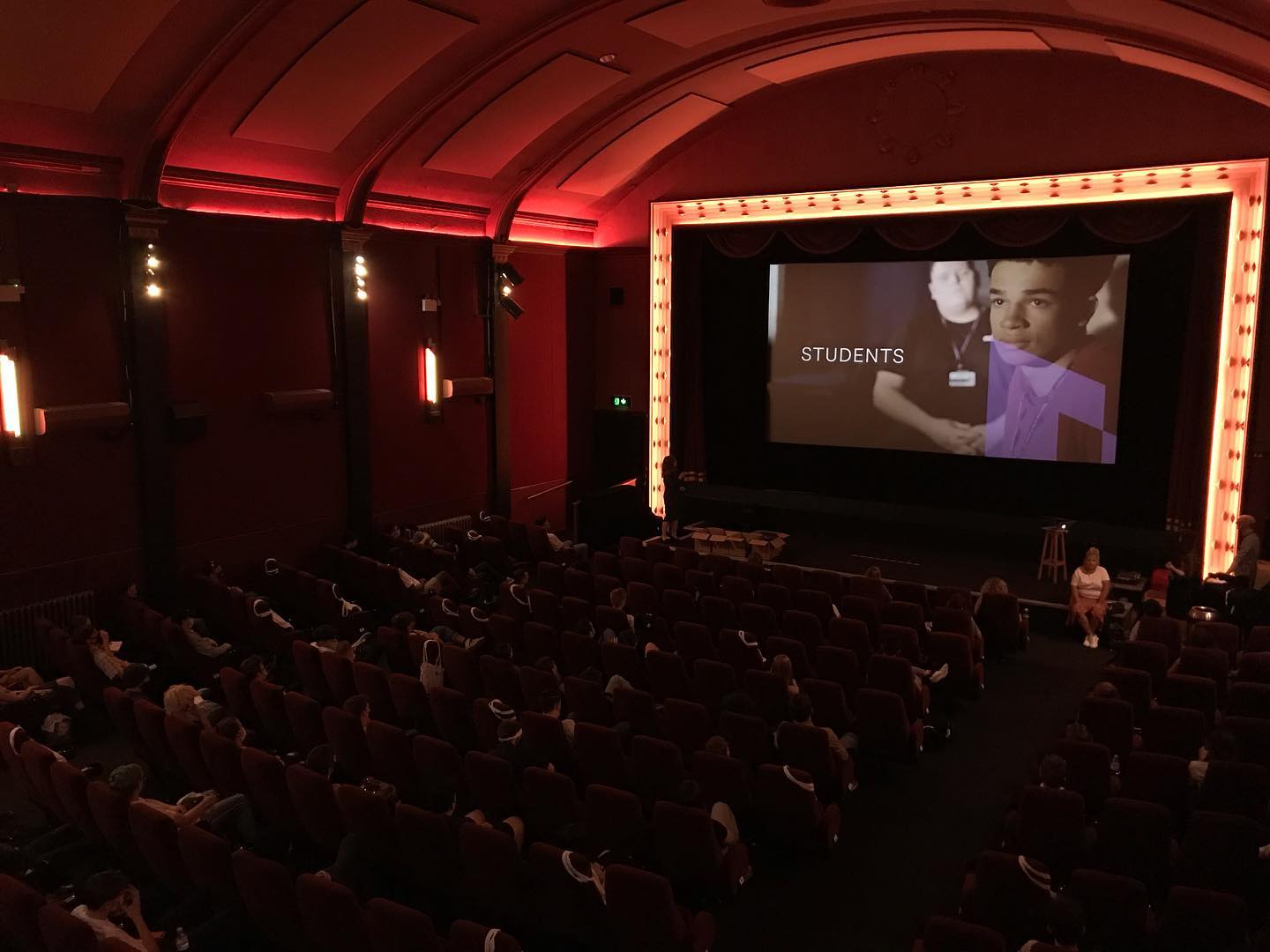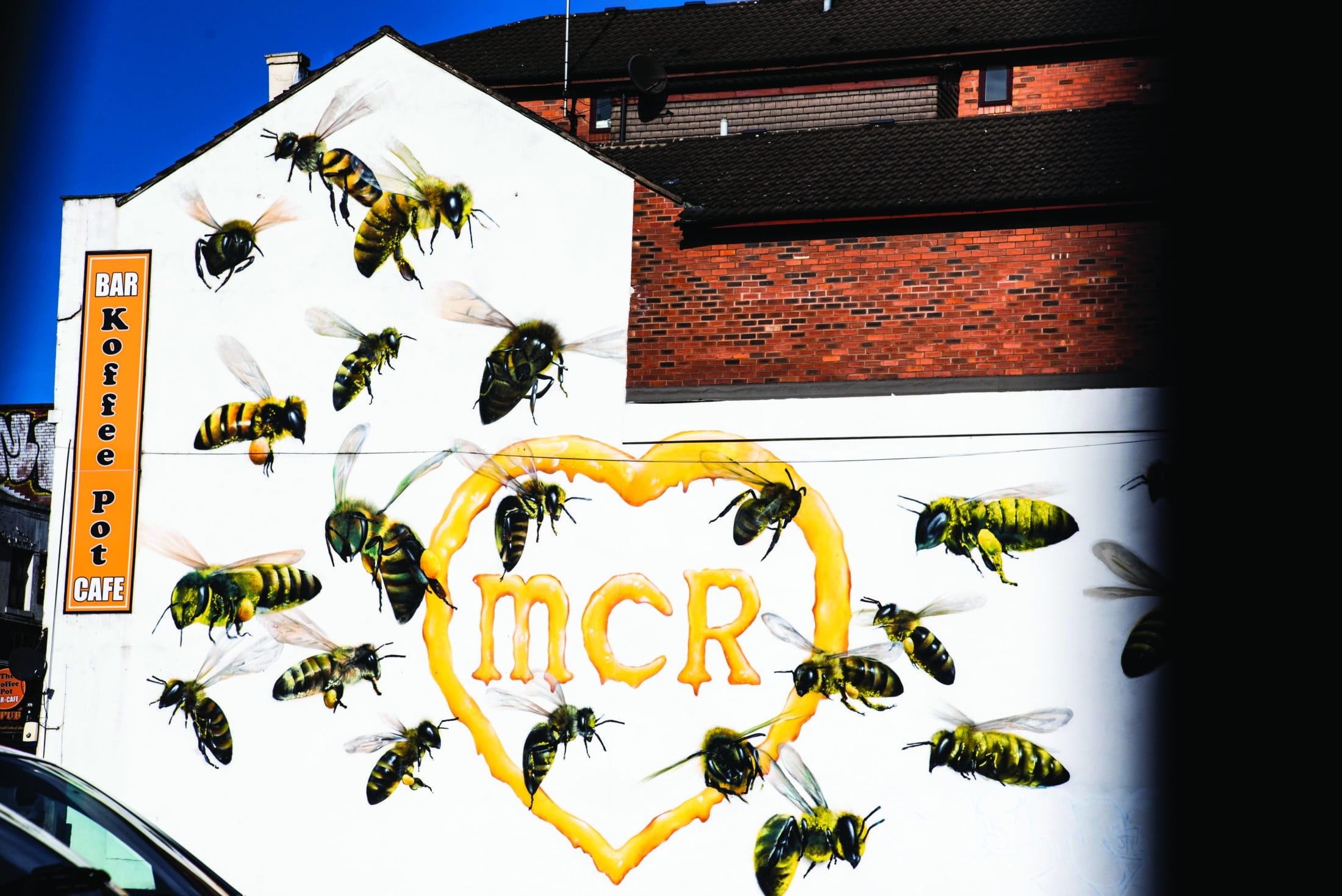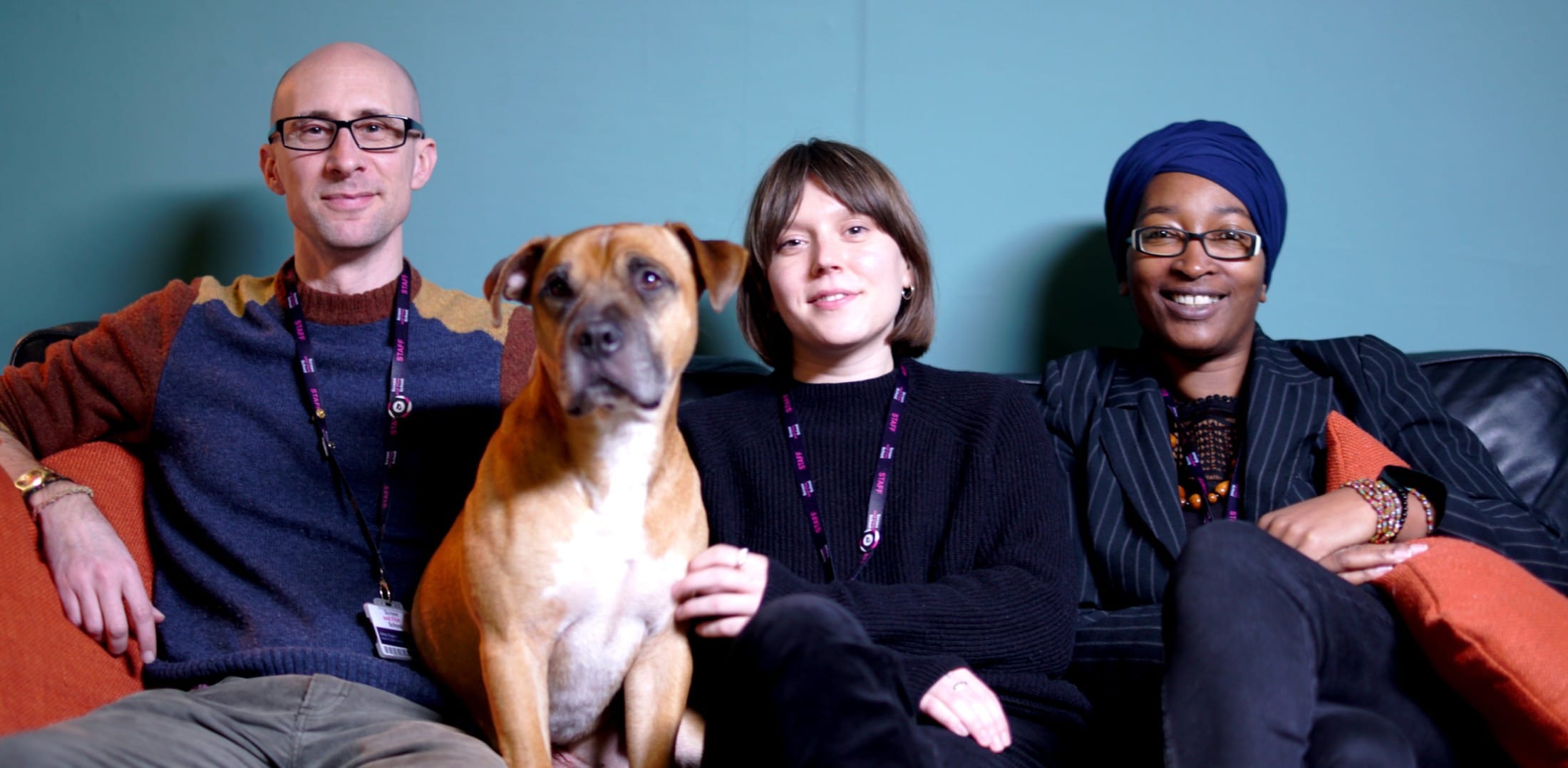Screen and Film School Brighton’s student blogger Zac Haydn-Jones takes a look at short films, and why filmmakers shouldn’t write them off.
In the TV and film world, the feature film is often considered the cream of the crop, so why should you spend time mastering the short film first?
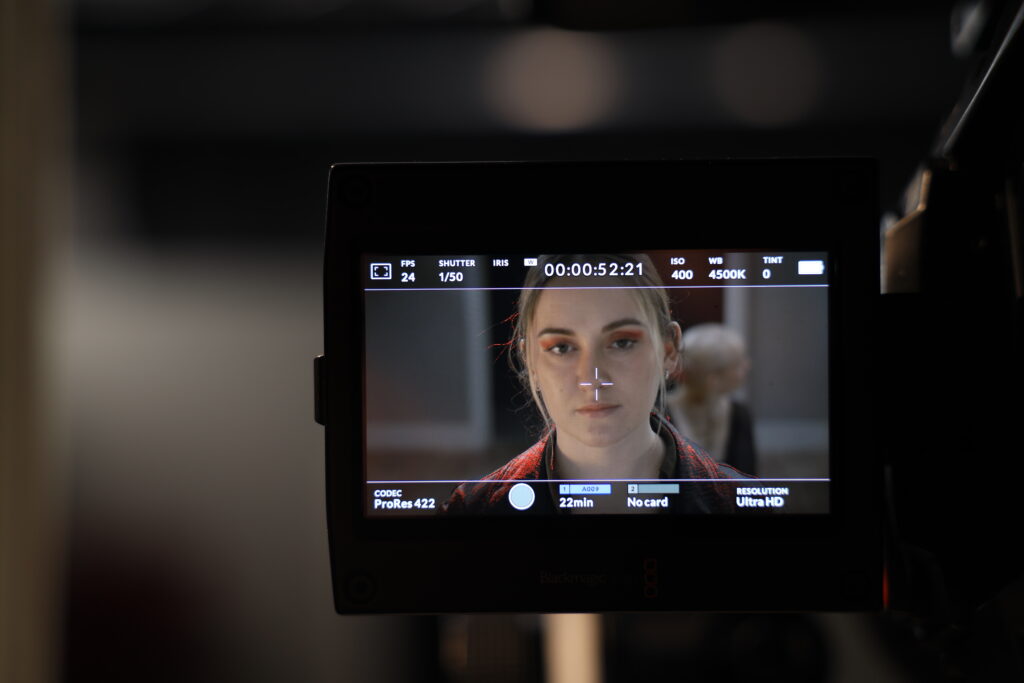
The aim of features and shorts are the same. Tell a story. Filmmaking is a sprawling art form requiring the collaboration of people from all different walks of life, from electricians to painters, hundreds of people come together to tell a story, and so it can be easy to forget that what you’re doing is just that: Telling a story. Features obviously give you much more time to tell a detailed and nuanced story, but taking the time learning to tell short, concise yet still emotive stories is hugely important.
Once you know what you are doing on a small scale, once you’ve learned the tricks and devices, then you’re ready to make a feature. I don’t just mean for writers and directors either. Cinematographers can learn how framing can affect the reception of the action, gaffers can learn what shadow can communicate about a character, production designers can learn what colours and textures can tell you about a world, and the list goes on. If you don’t take the time to learn, then the only difference between a feature and a short is that it’s a much longer mess.
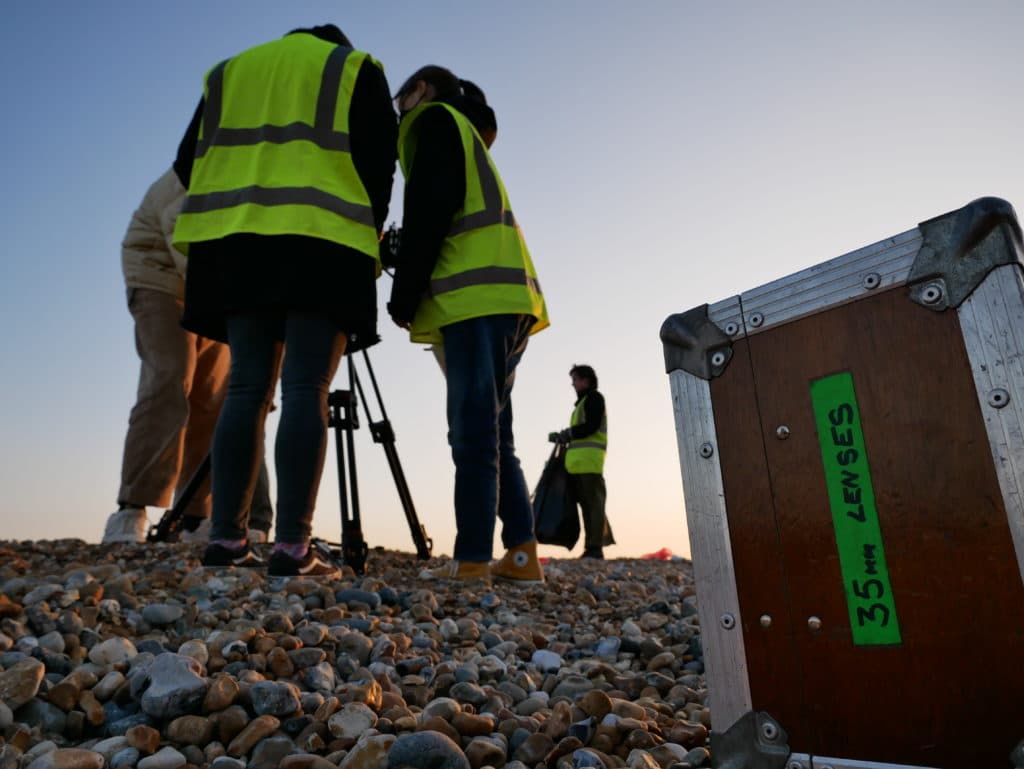
Shorts are also a brilliant place to start building a team. As I mentioned you need people to make films. Lots of people. Shorts give you the opportunity to test out how you work with people, how people work together, and whether you like how those people work. It’s a fantastic landscape to start weeding out the people you want to avoid and nurturing the ones you want to grow with.
Shorts are also useful as proof of concepts. A proof of concept is when you use a short as proof that a concept you have for a feature could work. Famously Whiplash directed by Damien Chazelle, was first made as a short as proof to financers that the film could work, it went onto to receive acclaim at Sundance and was subsequently turned into a feature. The key to a proof of concept is making sure you’re still telling a compelling story.
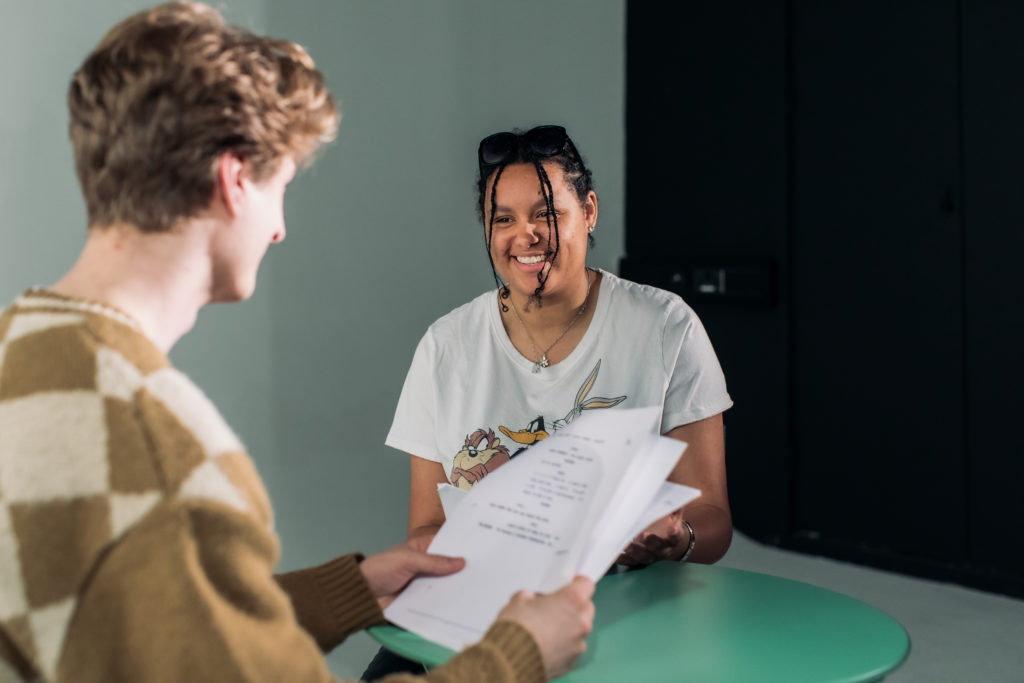
The Whiplash short would eventually become a scene in the feature, but the short still followed a clearly defined story structure and explored the same themes as the film. Whether it’s a scene from the possible feature or an abbreviation of it, you need to make sure the themes and story are strong in their own right, otherwise you run the risk of simply proving that it doesn’t work.
So, while you may be itching to make a feature, start with a short. It doesn’t have to be the same story just something to practice with, because while shorts may not be the endgame, they will hone your skills and demonstrate your ability. They’ll also develop your understanding of telling succinct stories, a skill valued in the worlds of music videos and advertising.
Are you interested in being a part of the new legacy at Screen and Film School Brighton?
Sign up to one of our Open Days:
Find out more information on our courses by clicking below:
